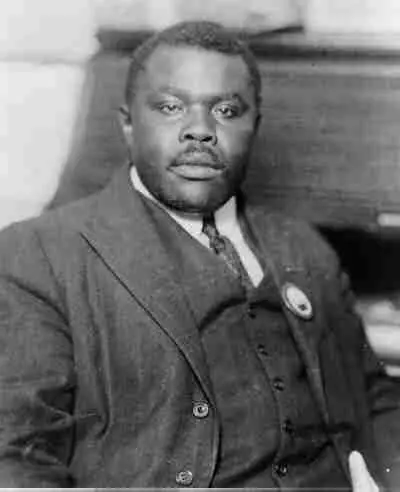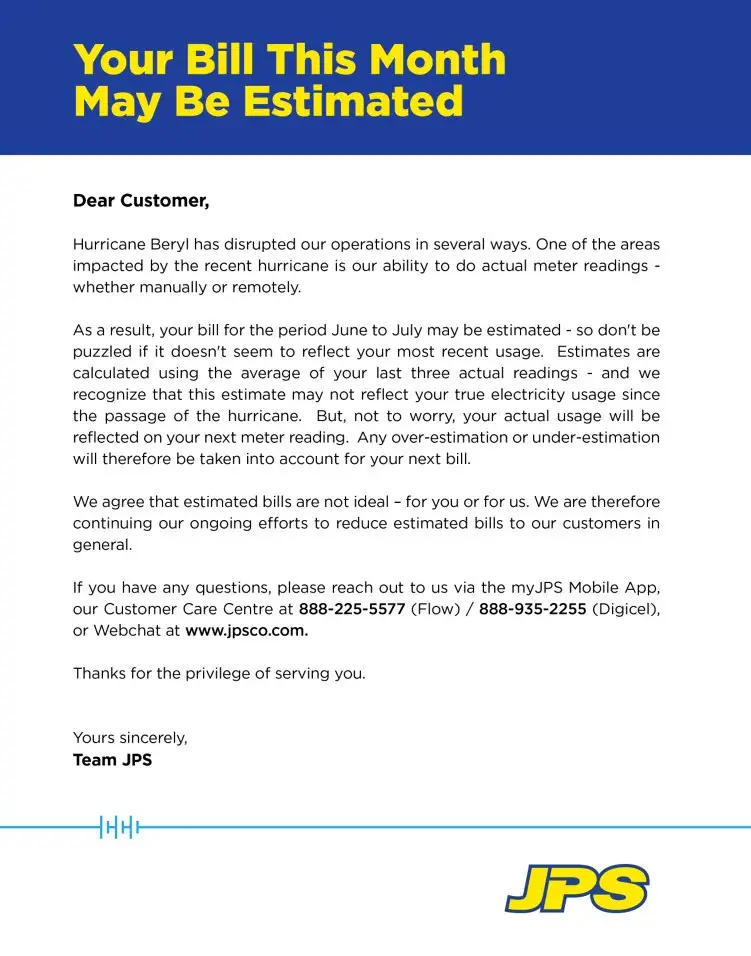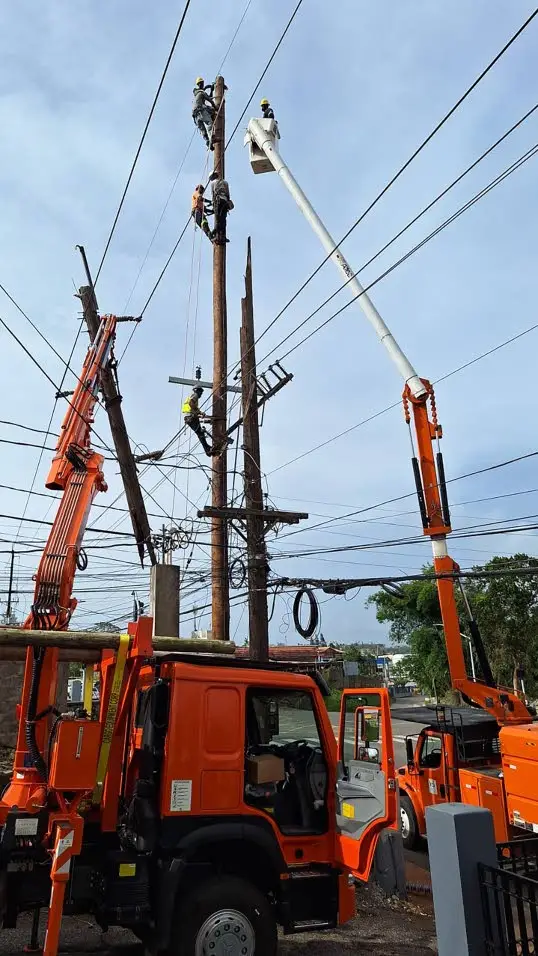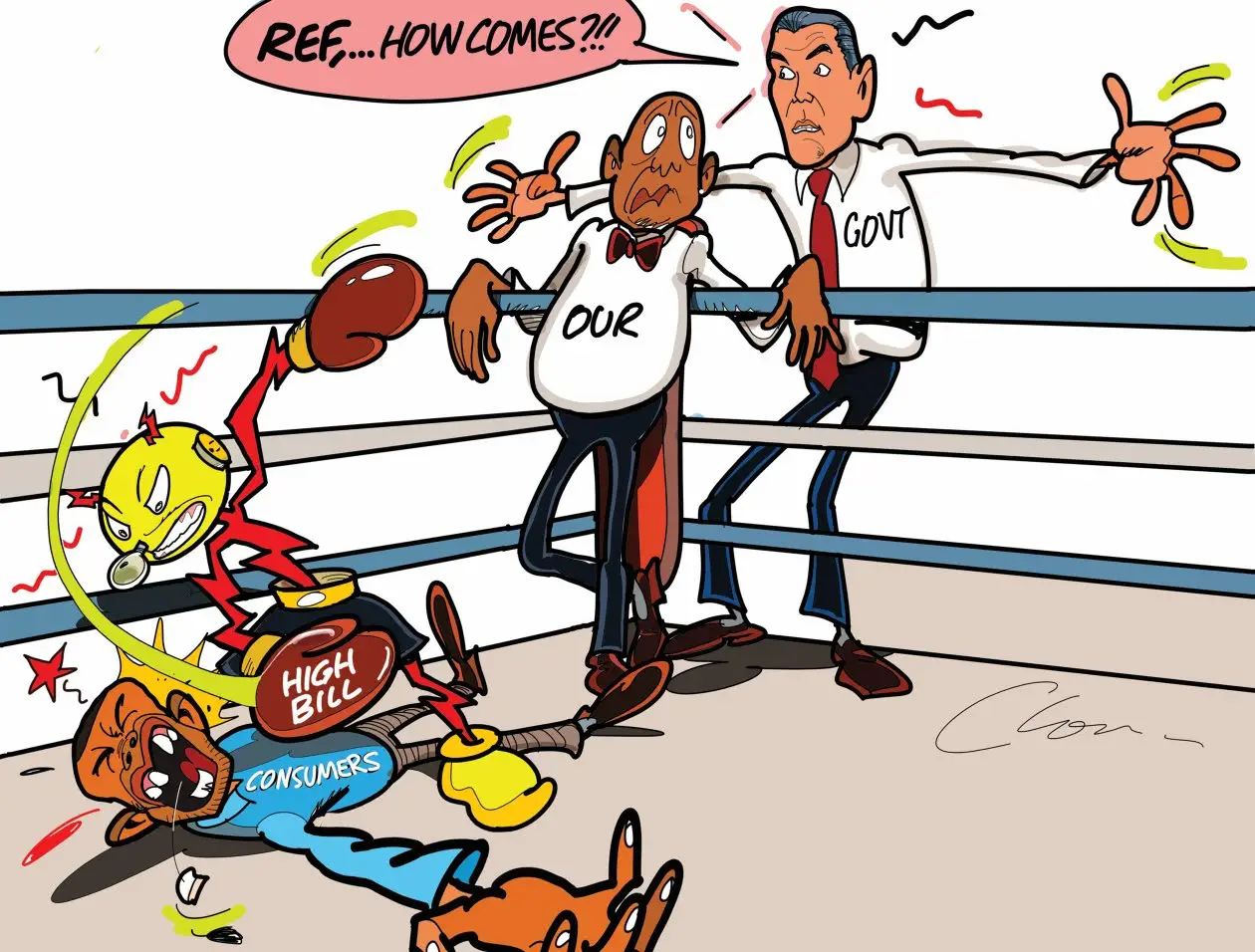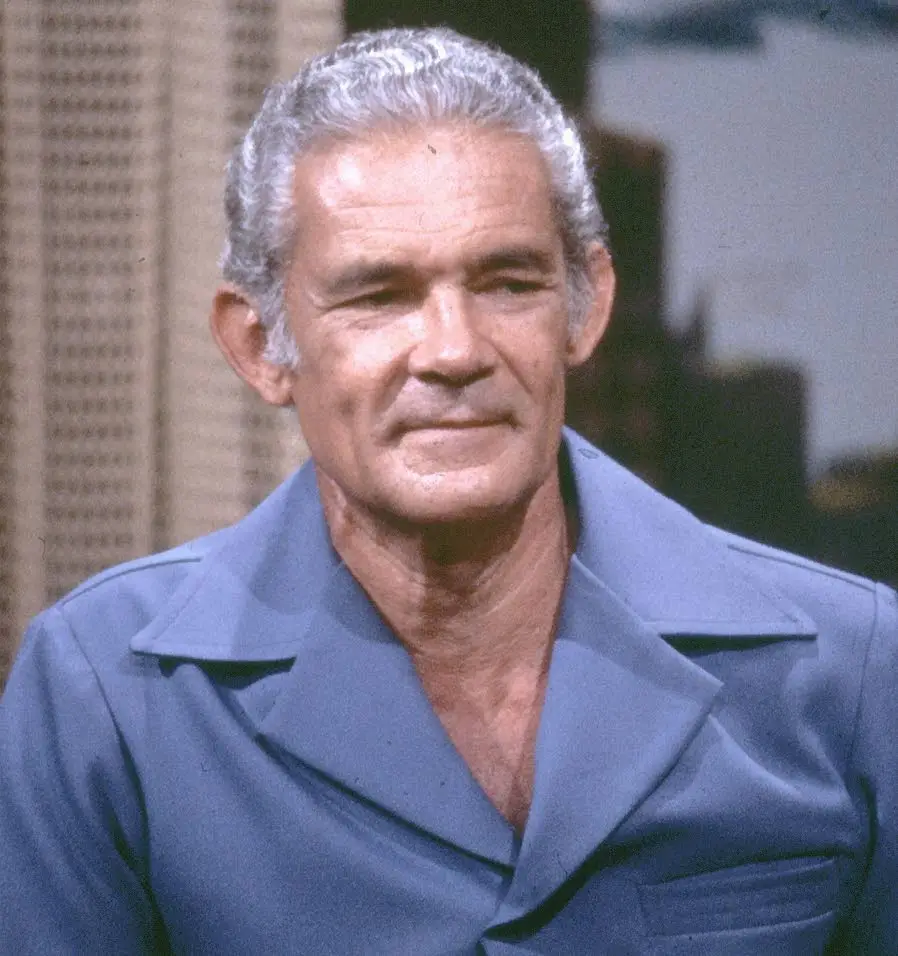
Personal responsibility matters
Galatians 6: 5 says, “For each will have to bear his own load.” This means our actions have consequences, and we are accountable for the choices we make. A highly evolved sense of personal responsibility is a precursor to sustained national growth and development.
Personal responsibility is not a popular ingredient in our culture. There are several reasons for this costly deficit. The cruel debilitation of plantation slavery for hundreds of years is one. Colonialism and the carefully crafted continuation of social, political, and economic dependency count as another.
Post-Independence, some of our most influential national leaders have done great damage by continuing to sow and fertilise seeds which are antithetical to personal responsibility. In the 1970s, for example, the Michael Manley Administration went on a massive spending spree, minus the necessary economic base to sustain it. Vast numbers of Jamaicans were tricked into believing that Government was responsible for them from the cradle to the grave. Manley’s socialism effectively put the freeness mentality on steroids.
NATURAL ORDER
There are three laws of nature which govern the operations of this universe which we cannot defy — certainly not in this mortal life, I believe.
1) You cannot defy the physics of old age. President of the United States of America Joe Biden was forced to come to grips with this reality, recently.
2) You cannot escape the laws of gravity. I suspect many of my readers, during their childhood years in particular, would have had the awakening experience of falling from a tree. You hit the ground, I hope without injury, due to the powerful force of gravity. Some, who did not have that direct and purposeful experience of falling from a tree, doubtless remember, though, lessons from science class about Sir Isaac Newton who discovered the laws of gravity and motion and helped to shape our rational world view.
3) You cannot escape the laws of reciprocal consequences. Galatians 6:7 tells us, “Be not tricked; God is not made sport of: For whatever seed a man puts in, that will he get back as grain.” This means future consequences are inevitably shaped by present actions.
All these laws directly relate to the imperative of personal responsibility.
All of us will die. One philosopher said the minute we are born we begin to die. I don’t share the fatalistic view that, “Once yuh number call, it call.” This means our time of death is pre-scripted and we cannot do anything to alter that script. Science has proved that regular exercise, a balanced diet, stress reduction, among other personal actions can prolong one’s years. Common sense tells us that if you run in front of a speeding train it is highly likely you will be crushed to death.
Similarly, if you throw an object in the air it will fall to the ground, unless you are in outer space. And, consider the local proverb, “Yuh cyan sow corn and expect fi reap peas,” which means, you should not be surprised by the logical result of your past actions.
All of us have to understand and adhere to these laws. Observance is critical to our national growth and development. This is common sense.
UNCOMFORTABLE TRUTH
In recent days scores of Jamaica Public Service Company Limited (JPS) customers have been complaining bitterly about hikes in their bills post-Hurricane Beryl when thousands of Jamaicans were without electricity.
Four Sundays ago I said, among other things, here: “I am a customer of JPS. Like thousands of others across Jamaica, we have seen this movie before from JPS. I think JPS needs to understand that, unlike in the past, technology has made it possible for us to choose the ending of movies these days. I agree with the prime minister that, ‘All appropriate and lawful steps must be taken to ensure that the Jamaican people are treated in a fair and equitable manner by the electricity company.’
“Public demands to ‘free up’ what one commentator describe as a ‘chokehold effect of the present electricity arrangements’ are understandable. Electricity is not seen as luxury. There was a time in Jamaica when it was. Access to reliable mobile and the Internet services are necessities for thousands of Jamaicans. These are primary tools for earning a livelihood.”
I stand by this position.
Anyway, last week the Office of Utilities Regulation (OUR) advised customers that the first point of contact regarding complaints about exorbitant bills was the JPS. The OUR told the public that they come into the picture if there’s no redress from the JPS.
“Who has time to do all of that?”
“KMDT, Why mi haffi do that?”
“OUR, think people nuh have work fi guh?”
“Then what is the purpose of the OUR?”
“Might as well mi just pay the bill and done.”
“Mi nah waste mi time and call JPS.”
These are snippets of comments from social media and two radio talk shows in response to the OUR’s advice to customers.
I understand the reticence of many JPS consumers, but I don’t believe our doubts should douse our obligation to act on our own behalf. “God helps those who help themselves,” said English political theorist Algernon Sidney.
I agree. When we don’t help ourselves, we place ourselves in situations of decided disadvantage.
There is a severely corrosive belief abroad in this land that “a suh di ting set.” This means things are preordained and we have no power to change them. This is the epitome of self-sabotage in my view.
Marcus Garvey, our first national hero implored that: “If you have no confidence in self you are twice defeated in the race of life.” I agree.
I believe customers of the JPS who have received excessive bills should follow the advice of the OUR and flood the JPS with complaints. Let the JPS know and feel the weight of our dissatisfaction. Let the JPS understand that we, its customers, are the reason it is in business.
According to information in the public domain, portfolio minister Daryl Vaz told JPS’s CEO Hugh Grant in a letter dated August 19 that his ministry has compelling reasons to be concerned about the complaints received from customers who reported large anomalies in their electricity bills following Hurricane Beryl. Vaz, to his credit, has lobbied intensely on the behalf of the customers. But he cannot do it alone. Vaz needs the powerful voice of all customers.
Silence, half-heartedness, reservations, and self-defeatism on the part of customers add up to one thing — the surrendering of our rights as customers to demand that which we are entitled. That is a defaulting on collective and personal responsibility and, ultimately, a dead-end response by us.
Information in the public domain notes that, in a letter that was sent to JPS’s CEO, also dated August 19, Vaz gave the Office of Utilities Regulation (OUR) a September 6 deadline to probe and report on its findings into JPS’s billing practices for the period. This makes sense.
There is a view out in the streets that after every FIFA World Cup and Olympic Games electricity bills skyrocket. There is also a widespread belief that JPS is trying to recover costs associated with Hurricane Beryl. Folks are asking what of JPS’s insurance? Customers were not told to expect higher bills in August. Why? We must demand answers; otherwise, we neglect personal responsibility.
TESTED AND TRIED
Last Sunday, someone sent me a voice note which was being circulated on social media. A scammer pretending to be a representative of the fraud department of National Commercial Bank (NCB) tried to defraud a customer of that bank. This customer, was, however, evidently familiar with the playbook of the ‘game’ of “chopping the line”, as they say it in the streets. The scammer soon realised he was out of luck. His would-be prey was not going to click on any link.
“Guh overseas, whole heap of white people there.”
“Jamaican a scam Jamaican, Bro, come on!”
These and similar utterances by the intended victim are reminders of an ugly reality that many among us tacitly, if not overtly, endorse.
Some say scamming is reparation for slavery. They don’t understand the severely negative implications for Jamaica and the 876 country code.
This is contemptible and tragic: “You never call me ‘bout nuh split food, Bro,” a clear reference to the sharing of ill-gotten gains. It sounds to me like the intended prey was seemingly willing to participate in criminal action, but for the fact that the approach of the scammer was off-base at the outset.
Local banks and related institutions have told us time and time again: Don’t clink on any link. Yet some people continue to do so. I heard a representative of a local bank say on radio last week that in instances like the one mentioned the bank may not refund 100% of the stolen funds.
“Craven [think greed] choke puppy,” as we say in the rural parts. It is our personal responsibility to resist the urge to ‘split food’, to participate in the criminal actions of scammers and related individuals, and/or further the propagation of the view that it is acceptable for other people, be they locals or foreigners, to be scammed.
I have received calls from scammers in the past. I immediately hang up. I have not heard from any in recent times.
Numerous reports from the police say scamming is one of the major reasons for murders and reprisal killings, especially out in western Jamaica. I am not surprised. The Good Book, warns: “Food gained by fraud tastes sweet, but one ends up with a mouth full of gravel.”
Take HEART
“By the sweat of your brow you shall eat bread,” says Genesis 3:19. Some months ago I said here that this was the credo of the Jamaica Labour Party (JLP). I firmly believe in this principle. The dependency dictum of, “We a sufferah,” which was romanticised and popularised in the 70s, has and continues to do great damage to our country.
Recently I had a conversation with a youngster who told me he was not working. He wanted me to give him “a money”. I refused. I, instead, strongly recommended that he enrolled in the Human Employment and Resource Training Trust/National Service Training Agency (HEART/NSTA Trust) and get a skill.
I don’t believe in giving able-bodied individuals the proverbial fish. I believe in teaching him/her how to fish, so that he/she can become the owner of the pond in which he/she catches his/her fish.
The Andrew Holness-led Administration is essentially paying youngsters without a skill to get one.
Consider this: “The Government, recognising the financial difficulties some HEART/NSTA Trust trainees face in accessing programmes, will be providing a $15,000 grant for some participants to offset transportation costs, in addition to a weekly stipend. The stipend is to be made available to all participants under the just-announced Community Action for Rewarding Engagement (CARE) initiative, which will seek to bring more people into the workforce by reaching young people who are not working and not enrolled in a training programme.” (Jamaica Observer, March 23, 2024)
“You can carry a horse to the water, but you cannot make him drink,” is appropriate here. Sitting idly and buying into the local socialist narrative of is a guaranteed false start in life.
The sellers of this poisonous narrative are steadfast in the building and securing of their lives and those of their relatives. Personal responsibility is oxygen for a modern society. The choice is clear to me.
